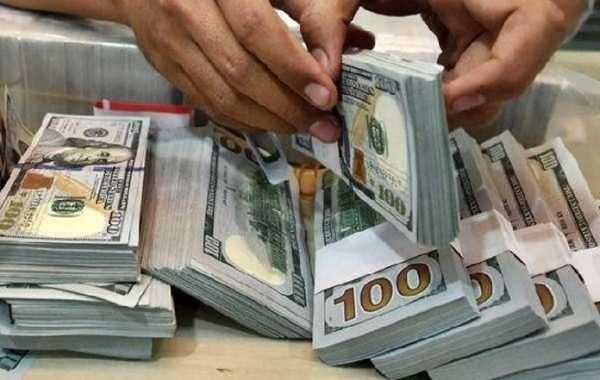G-7 to Extend Debt Moratorium for Poor Countries Hurt by Virus
Group of Seven countries will agree to back an extension of a freeze in debt payments from the world’s poorest countries struggling with the coronavirus pandemic, according to people familiar with the discussions.
The backing of the club of industrialized economies, whose finance ministers will meet on Friday, signals a consensus within the Group of 20, a wider body that includes emerging powers China and Brazil. In April, it launched an eight-month debt service suspension to help more than 70 countries. France has publicly backed giving more relief.
G-20 finance ministers are set to decide in October about the length of the extension and how to include private creditors that have been reluctant to join the moratorium. So far, 42 countries have applied for bilateral debt relief, with most refraining from demanding a waiver from private creditors out of fear they could be locked out of debt markets.
Zambia became the major exception this week after it called on bondholders to waive nearly $120 million in payments, raising fears of a wave of defaults through the continent as a decade-long debt binge unravels.
The International Monetary Fund said it will push hard for private creditors to join the waiver to give a meaningful respite for countries battered by low commodity prices and an exodus of capital. World Bank President David Malpass has also called on private creditors to do more.
Any coercion to get private creditors involved would tip borrowers into default and hurt financial markets, the Institute of International Finance, a trade group that represents banks and financial institutions, wrote in a letter to the G-20 on Tuesday. It said a case-by-case approach with a focus on sustainable debt should the next step in relief.



